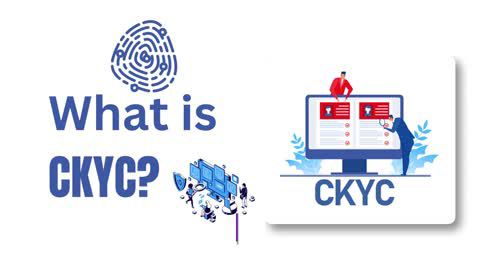A post-dated cheque is a cheque issued with a future date written on it, meaning it cannot be encashed or processed until the specified date. For example, if you write a cheque today (01/11/2023) but mention the date as 15/11/2023, the cheque will only become valid for encashment on or after 15/11/2023.
Why are post-dated cheques used?
Post-dated cheques are commonly used for financial planning and future payments. Here are some typical scenarios where they prove beneficial:
- Loan repayments: Lenders often require post-dated cheques as part of the loan repayment process to ensure timely payments.
- Rent payments: Tenants may issue post-dated cheques to landlords for monthly rent, reducing the hassle of manual payments.
- Business transactions: Businesses use post-dated cheques to schedule payments for goods or services.
Advantages of post-dated cheques
- Better budgeting: Post-dating allows you to allocate funds for future expenses without worrying about immediate withdrawals.
- Convenience: It eliminates the need to remember due dates, as the cheque will be processed automatically on the specified date.
- Security: Since the cheque cannot be encashed before the mentioned date, it provides a layer of control over your payments.
By understanding the purpose and benefits of post-dated cheques, you can use them effectively to streamline your financial commitments.













